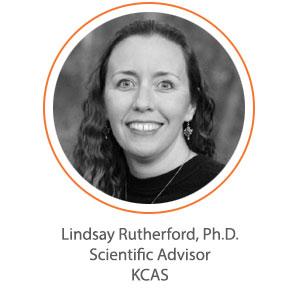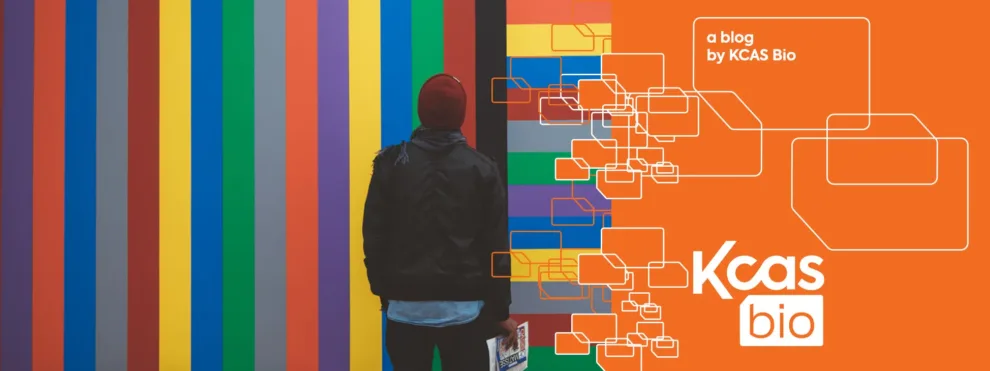
You might be asking what type of laboratory my biomarker assay requires or what level of qualification or validation my assay needs. These are complex questions which there continues to be a significant amount of misunderstanding around. Fortunately, KCAS Bio has extensive experience with both biomarker development and qualification/validation to ensure your project avoids critical mistakes and remains on time.
The first bioanalytical question to ask when determining the type of lab required for your biomarker analysis is will the data to be used to support inclusion/exclusion criteria. If so, a CLIA lab is likely required. Biomarker data needed to support the safety and efficacy of a therapy in regulatory filing notes such as a primary, secondary, or exploratory endpoint in the clinical protocol requires a bioanalytical laboratory. While there are similarities between the two pathways; the regulatory environments are very different. The CLIA environment is a physician-driven testing environment and a bioanalytical laboratory environment is a Pharma and Biotech driven testing environment.
The second bioanalytical question often asked is do I need a qualified method or a validated method. When considering qualification vs. validation one must first understand the difference between the two and when each one is required. For instance, a biomarker used for an exploratory endpoint does not typically require validation, and a qualification can be performed to achieve the results needed to support a trial. KCAS Bio offers many different levels of qualifications including: a developed qualification also known as a minimal kit implementation, developed/characterized qualification, research-grade qualification, and exploratory qualification. A developed, simple kit implementation consists of running a biomarker assay per the manufacturer’s instructions and then running samples. A more extensive qualification level which is often referred to as an “Exploratory Qualification” involves analyzing three Accuracy and Precision runs, preparation of QCs, spiked QC samples, and endogenous QCs (if applicable and/or available). FDA guidelines typically define validation, while a qualification can be less extensive and does not adhere to regulatory guidelines. A fit-for-purpose validation follows the guidelines set forth by the FDA and undergoes not only QC but also QA review. Fit for purpose is defined as the level of validation associated with a biomarker that is sufficient to support its proposed use. Qualification levels depend on the need of the biomarker and what questions the assay is being used to answer. Bioanalytical biomarker validation follows the guidelines set forth by a governing body and is QA reviewed.
As a standalone Bioanalytical laboratory, KCAS Bio understands that bioanalytical biomarker analysis is not a one-size-fits-all all approach. With a 40+ year history and 18 FDA audits, we offer a wide range of qualification levels as well as validation of biomarkers to meet your study needs. As guidelines continue to evolve around biomarkers, KCAS Bio will leverage our rich history to meet your company’s Bioanalytical Biomarker needs.

